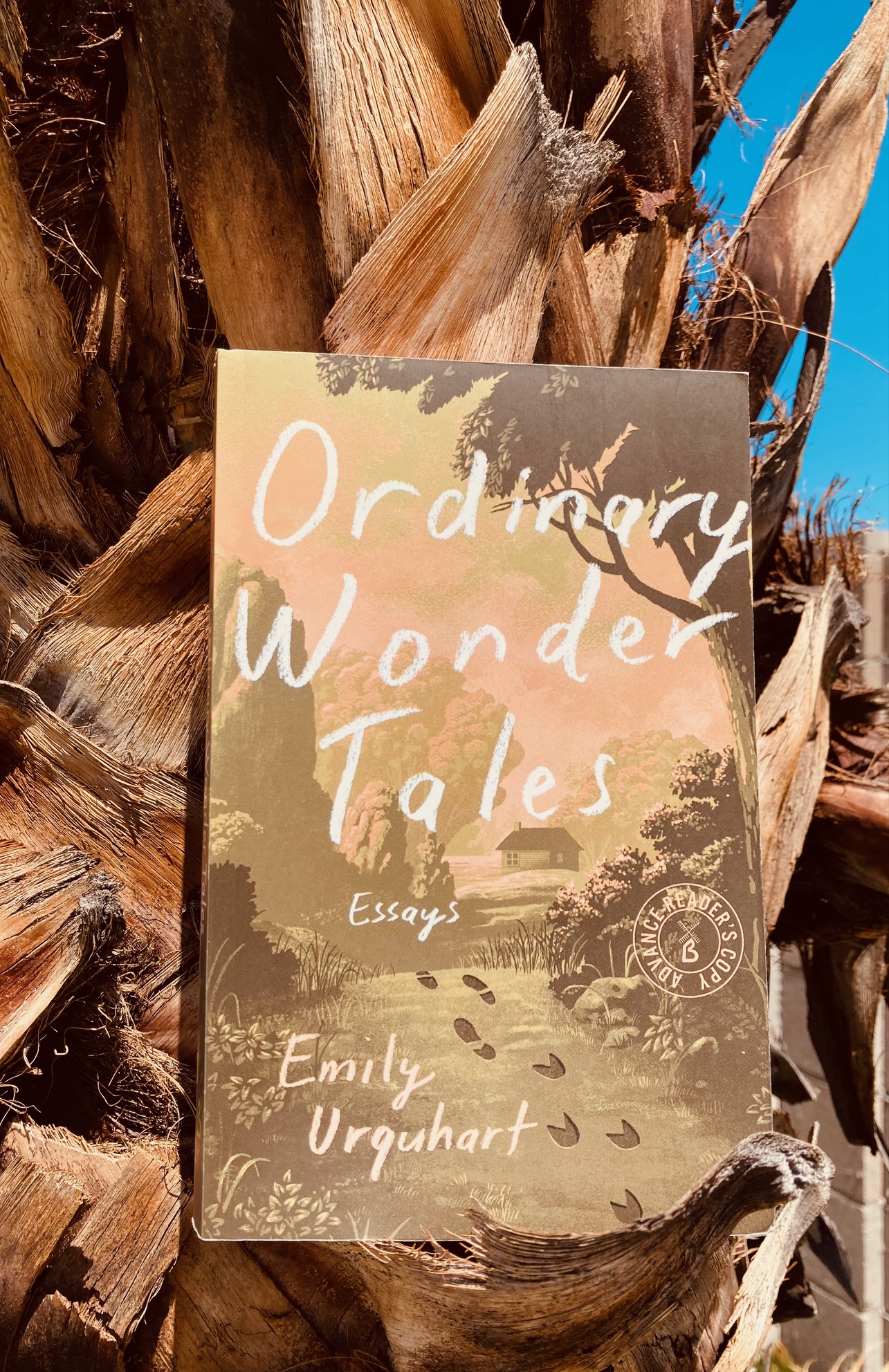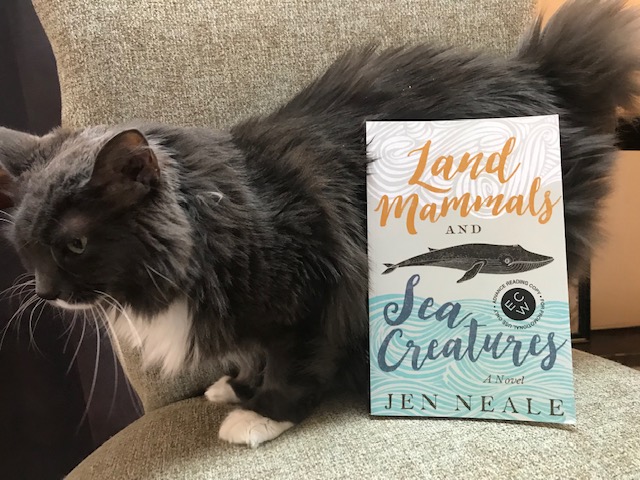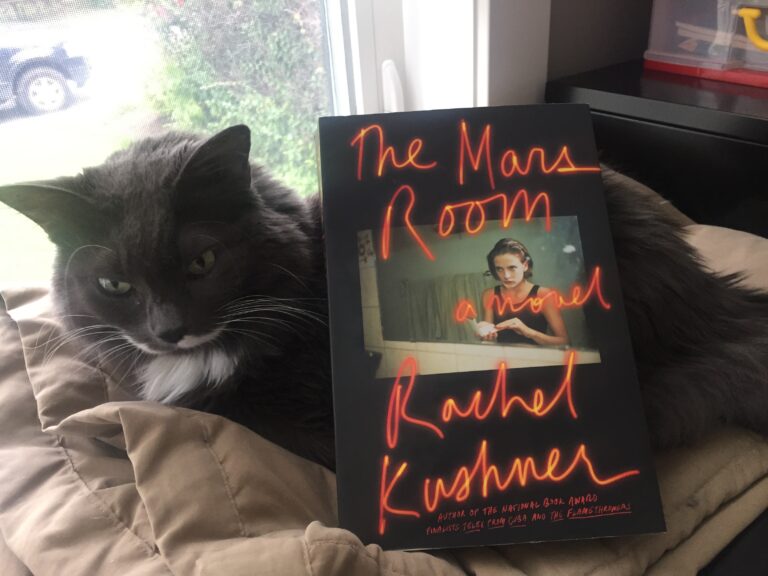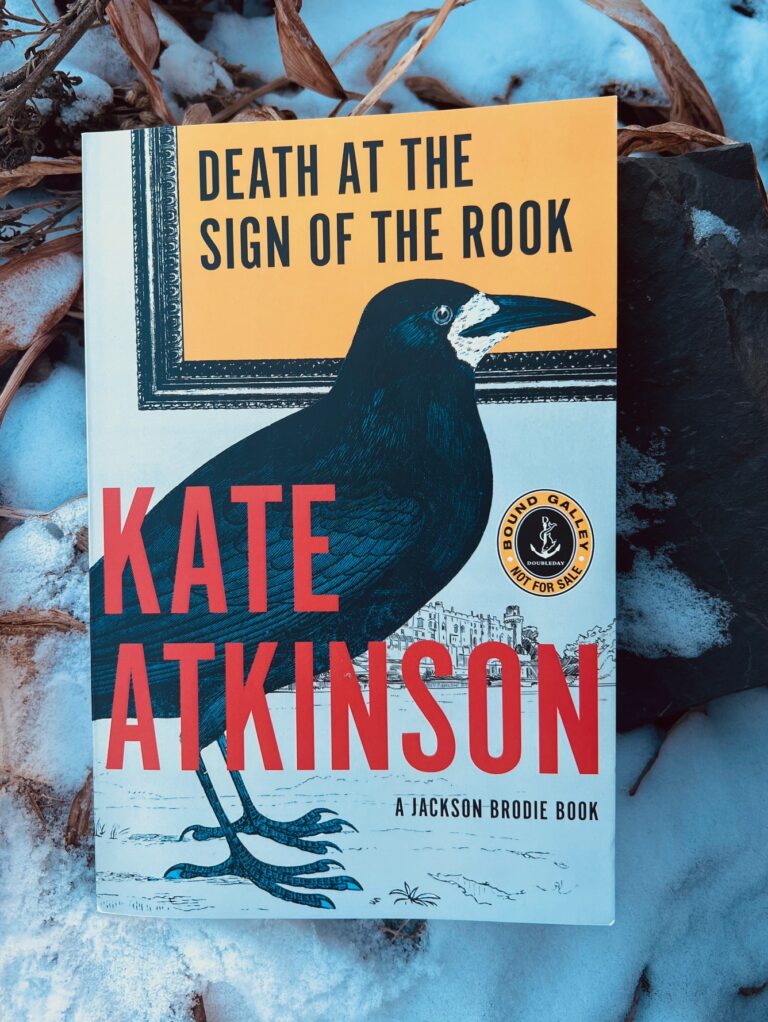Book Review: Ordinary Wonder Tales by Emily Urquhart

At first glance, Ordinary Wonder Tales by Emily Urquhart may seem like a book appealing to only academics. It’s a book of essays, a notoriously challenging genre that rarely hits the bestseller list unless it’s written by a celebrity or David Sedaris, but this collection focuses on a somewhat obscure topic too; folklore. However I had read reviews written by Urquhart before, so I knew she was a good writer, and her mother is the famous Canadian novelist Jane Urquhart (writing talents are inherited, right?) thus my decision to pick up this book was an easy one. I knew it wouldn’t be a thrilling page-turner, but I also knew I would likely enjoy it and learn something too. I’m happy to report it was a good choice, and I’d like to recommend this one to other thoughtful readers looking for a pleasant reading challenge.
Book Summary
Ten essays comprise this slim collection of non-fiction essays. Each story begins with a little drawing by fantastic illustrator Byron Eggenschwiler, who has also illustrated an adorable children’s book I reviewed here. The essays all include memories or stories from Urquhart’s personal life interspersed with her research on folklore; its patterns, definitions, examples, and modern-day research and interpretation of these stories and why they are still in existence today. The first essay titled “The Matter” is about a haunted bedroom in a rented house in France that Urquhart slept in when she was three years old. As an adult and academic, she returns to this memory and tracks down others who slept in that room before and after her, interviewing them and asking if they recall the same spirits she did. Here, she spools out into wider theories of haunted narratives in addition to a recent story of bringing it up on a playdate and scaring another parent’s child with her belief in ghosts. “Chimera” is the tale of her miscarriage, but also of the superstitions women used to engage in before modern medicine, the rituals and talismans utilized to ward off evil spirits and keep an unborn child safe. My favourite essay, “Years Thought Days” is about the slow decline of her father into dementia, but also the malleability of memory, and the common mythology of supernatural time narratives that see heroes disappear for different periods of time in parallel worlds. Many of her personal narratives involve memories of lockdown in the pandemic with two young kids, which as a mother of young kids myself, was a perspective I appreciated reading about.
My Thoughts
What elevates this book from good to great is Urquhart’s impressive ability to link interesting stories from her own life (emphasis on interesting) to a theory or fact she wants to discuss around folklore. As I mentioned above, it’s an obscure topic, a quirky one that may appeal to some, but the inclusion of her own life stories are what propelled me through this book, so I was more than happy to stop every few paragraphs to learn about some fascinating folklore research. And she excels at both; the research is clearly well done and thorough, a wide range of people and sources are quoted, but only in short amounts so it was never overwhelming; just enough to prove a point or elaborate on a point Urquhart had already made. It was the perfect balance between personal narrative and scholarly anecdotes.
Religion is very lightly touched upon in this book, although I would have thought folklore was basically another way of labelling what people find in religious texts so I was bit surprised it didn’t play a larger role. Regardless, in “Giving up the Ghost” which is a story about her brother dying, she does acknowledge the fact that many people believe in superstitions and legends, yet those beliefs are seen as ‘weird’, when people’s religious beliefs (also based on superstitions and legends) are somehow acceptable:
“I might believe in fairies and you might believe in God and another person might think both ideas are ridiculous, but in matters of faith, who is to say which of us is right or wrong? The difficulty inherent in metaphysical experiences is that believing in God is acceptable in North American society but seeing your dead brother at the dog park is considered taboo and strange, possibly pathological.”
-p.126 of Ordinary Wonder Tales by Emily Urquhart, ARC edition
So much of folklore is still a mystery, including why it still persists today despite our incredible advances in technology and science. But as Urquhart suggests, these unknowns are what colour our life, it’s what adds the ‘wonder’ to our ordinary existence. Her thoughtful analysis and warm storytelling work together to create a fantastic read, no matter what your belief system.






What always strikes me when I read old folk tales is that they cover very adult themes although these days we tend to think of them as children’s stories. Some of them really don’t seem suitable for children at all!
You’re so right FF! Many of these stories are quite dark.
I love a good essay collection; I’m reading one now! However, I didn’t realize they don’t do well in sales.
It sort of falls into the short story trap in the same way – novels or full memoirs etc. just sell better. Again, unless you are David Sedaris haha
This sounds excellent. I do like essays!
This was actually just shortlisted for a major non-fic award here in Canada Laila, so I’m not the only one who loved it – you should check it out